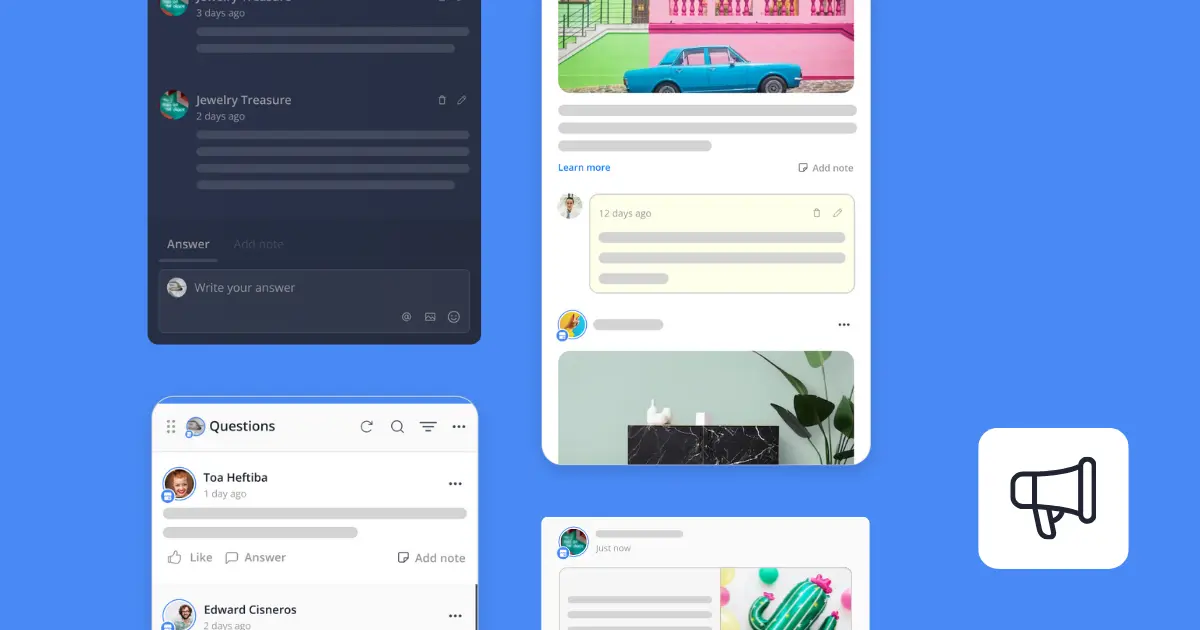There are more songs being released every day now than there were in the whole of the year 1989, a study has found.
A report from Music Radar has examined the current state of the “music creation economy”, with one key finding being that each day sees more new tracks arriving on streaming services than were released “in the calendar year of 1989”.
Will Page, former Chief Economist of Spotify and PRS For Music, added: “And more of that music is being done by artists themselves, meaning there’s even more demand for music production software.”
The report also notes that there was a 12 per cent increase in the number of music creators between 2021 and 2022, with the number standing at 75.9 million.
It also predicts the number will more than double by the end of the decade, with an estimated total of 198.2 million music creators by 2030.
“Not only will casual music creation become mainstream, it will trigger an unprecedented widening of the music creator economy funnel,” the report said.
It has previously been reported that in 2023, 120,000 tracks were being added to Spotify and other streaming services each day, for an annual total of over 43 million.
This summer, Spotify revealed it had topped expectations with its profits and premium subscriber numbers, despite the controversies surrounding the platform.
It had a 2024 second quarter revenue of £3.2billion, up 20 per cent on the previous quarter, and a net profit of £230million.
These figures follow the service raising prices for most of its existing plans in early June, and cutting down 17 percent of its workforce in order to save costs at the end of 2023.
It is likely the profits also benefited from the streaming service officially demonetising all songs on the platform with fewer than 1,000 streams. That policy was launched on April 1, but had been planned by the platform for some time. It was quickly criticized for making it harder for artists to generate royalties from their music and restricting new artists looking to crack the music industry.
Earlier this summer, CEO Daniel Ek received widespread backlash following his claims that “content” costs “close to zero” to make.
“Today, with the cost of creating content being close to zero, people can share an incredible amount of content. This has sparked my curiosity about the concept of long shelf life versus short shelf life,” he wrote.
“While much of what we see and hear quickly becomes obsolete, there are timeless ideas or even pieces of music that can remain relevant for decades or even centuries,” he added, before questioning: “What are we creating now that will still be valued and discussed hundreds or thousands of years from today?”
The comments were quick to spark a response from across the online community, with countless music lovers and musicians coming forward to criticize the CEO for being “out of touch”.










